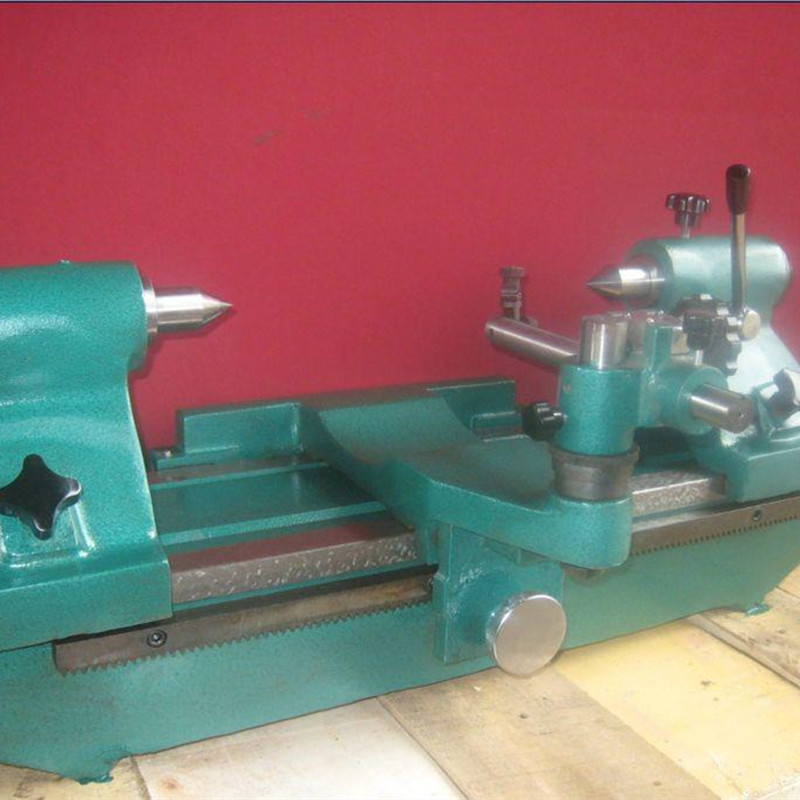Dec . 25, 2024 14:06 Back to list
Understanding Gauge Pin Class and Its Applications in Precision Measurement
Understanding Gauge Pin Class A Technical Overview
In the realm of manufacturing and quality assurance, precision is non-negotiable. One of the key tools used to ensure this precision is the gauge pin. These small, cylindrical tools may seem simple, but their role in measuring and checking the accuracy of dimensions in manufactured parts is monumental. Among various specifications, the concept of gauge pin class plays a crucial role in defining the application, quality, and performance of gauge pins.
What is a Gauge Pin?
A gauge pin is a precisely manufactured pin used to measure or control the size and location of holes, slots, or other features. Typically made from hardened steel or alloy, gauge pins are available in various diameters and lengths to accommodate different tasks. They are often categorized based on their tolerances, which are the permissible limits of variation in a physical dimension.
The Importance of Classifying Gauge Pins
Gauge pins are classified based on their dimensional accuracy and tolerance levels, which are essential in applications requiring high precision. The classification helps manufacturers choose the right gauge pin based on the specific needs of their projects. The most common types of gauge pin classes include
1. Go Pins and No-Go Pins - Go pins are used to check whether a hole or feature is of the correct size. If the go pin fits, the feature passes the test. - No-go pins, on the other hand, verify that the feature does not exceed a certain size. If the no-go pin fits, the feature is too large and fails the inspection.
2. Grade Pins - Gauge pins are often graded based on their manufacturing quality. The grading system can vary by region but typically includes classes such as ANSI (American National Standards Institute) grades or ISO (International Organization for Standardization) tolerances.
3. Material Classes - Different materials offer varying levels of hardness, corrosion resistance, and wear resistance. The selection of material class for gauge pins can affect the longevity and accuracy of the measurements taken.
gauge pin class

Understanding Tolerances
Each gauge pin class comes with specific tolerances, which dictate the allowable variations from the nominal size. These tolerances are crucial because different applications require different levels of precision. For example, in aerospace or medical device manufacturing, tighter tolerances are often necessary due to the critical nature of the components involved. Manufacturers must choose gauge pins with tolerances appropriate for the required application to ensure reliability and safety.
Applications of Gauge Pins
The applications of gauge pins are far-reaching across various industries. In automotive manufacturing, gauge pins ensure that critical holes align for engine assembly, while in the electronics sector, they help verify the dimensions of circuit boards and connectors. In mold and die manufacturing, gauge pins are essential for ensuring that components fit together seamlessly during assembly.
Selecting the Right Gauge Pin Class
When selecting the appropriate gauge pin class, manufacturers must consider several factors, including
- Measurement Requirements Understanding the tolerance requirements for the specific application will guide the selection of go or no-go pins. - Material Compatibility Choosing the right material ensures that gauge pins can withstand the operating environment without degrading or losing accuracy. - Cost Considerations Higher precision often comes with a higher price point, so manufacturers must balance quality requirements with budget constraints.
Conclusion
In manufacturing, the significance of gauge pins and their classification cannot be overstated. By understanding gauge pin classes, manufacturers can ensure that they select the appropriate tools for their measuring and inspection needs. This not only enhances precision but also improves the overall quality of the final product. As industries continue to evolve and demand higher accuracy, the importance of gauge pin classes will remain a cornerstone of quality assurance in manufacturing processes. Embracing these precision tools is essential for organizations striving for excellence in today’s competitive environment.
-
Why Metric Trapezoidal Thread is Ideal for Precision Motion ControlNewsAug.05,2025
-
The Unique Properties of a Block of Granite for Industrial UseNewsAug.05,2025
-
The Role of Flanged Y Strainers in Preventing Pipeline ClogsNewsAug.05,2025
-
The Importance of Regular Calibration for Master Ring GagesNewsAug.05,2025
-
How a Cast Iron Surface Table Enhances Accuracy in ManufacturingNewsAug.05,2025
-
Comparing Different Check Valve Types for Optimal Flow ControlNewsAug.05,2025
Related PRODUCTS









